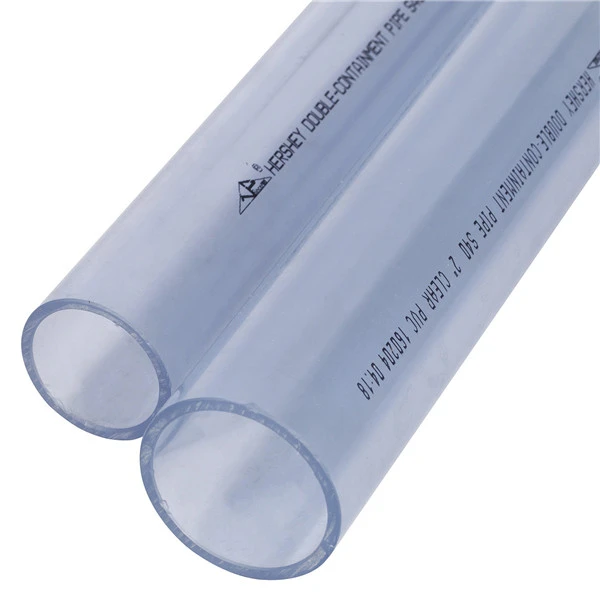নভে. . 05, 2024 13:46 Back to list
pvc hose pipe
Understanding PVC Hose Pipes Versatility and Applications
Polyvinyl chloride (PVC) hose pipes are among the most widely used types of hoses in various industries due to their exceptional properties and versatility. These hoses are made from a synthetic plastic polymer, which not only enhances their durability but also allows them to be lightweight and flexible. This makes PVC hose pipes an ideal choice for a range of applications, from gardening to industrial uses.
Composition and Benefits
The primary ingredient of PVC hose pipes is the polymer polyvinyl chloride, which can be combined with various additives to enhance its performance. These additives can improve the flexibility, resistance to UV light, and overall durability of the hose. Because of this composition, PVC hoses are noted for being resistant to various chemicals, making them suitable for transporting a wide range of fluids, including water, oils, and mild chemicals.
One significant advantage of PVC hoses is their flexibility. Unlike some of their counterparts, such as rubber hoses, PVC hoses can bend and twist without kinking, ensuring a consistent flow of fluids. This characteristic makes them very user-friendly, especially in settings where space is limited or where the hose needs to maneuver around obstacles.
Different Types of PVC Hose Pipes
PVC hoses come in various forms, each designed for specific applications
. Some common types include1. Clear PVC Hose Often used in applications where visibility of the fluid is essential, such as in aquariums or laboratories. The transparency allows users to monitor flow and detect any blockages easily.
2. Reinforced PVC Hose This type features additional strengthening materials, often fiber or steel, embedded within the hose structure. Reinforced hoses are designed for higher pressure applications, making them suitable for industrial tasks that involve heavy-duty use.
3. Flexible PVC Hose Known for its extreme bendability, flexible PVC hoses are particularly useful in construction or landscaping applications where the hose must navigate various terrains and obstacles.
pvc hose pipe

Applications Across Industries
The versatility of PVC hose pipes allows them to be employed in a multitude of sectors. Here are some common applications
- Agriculture PVC hoses are widely used for irrigation purposes. Their durability ensures they can withstand harsh weather conditions, while their flexibility helps to cover large areas of land efficiently.
- Construction In construction sites, PVC hoses are often used to transport water to different parts of the site or for dust suppression. Their ability to handle various pressures while being resistant to abrasion makes them an excellent choice for these environments.
- Food and Beverage Certain types of PVC hoses are certified for food and beverage applications. They are designed to comply with health standards, ensuring safe transport of liquids without contamination.
- Automotive PVC hoses are commonly utilized in automotive applications, such as water and fuel lines. Their resistance to chemicals and temperatures makes them suitable for automotive environments.
Maintenance and Care
To extend the lifespan of PVC hose pipes, proper maintenance is essential. Users should regularly inspect the hoses for signs of wear or damage. Storing hoses out of direct sunlight when not in use can also help prevent degradation. It's advisable to avoid using PVC hoses with overly aggressive chemicals unless they're specifically designed for such substances.
Conclusion
In summary, PVC hose pipes offer an exceptional combination of flexibility, durability, and chemical resistance, making them suitable for a myriad of applications. Whether in gardening, agriculture, construction, or manufacturing, the diverse types and characteristics of PVC hoses make them an indispensable tool across various industries. Understanding their properties and potential applications can help users make informed decisions, ensuring optimal use and longevity of their PVC hose systems.
-
High-Quality PVC PPR Pipes and Fittings Durable ERA PPR Solutions
NewsJun.10,2025
-
High-Quality Large HDPE Sheets & Large Diameter PVC Pipe Durable Large PVC Pipe Supplier
NewsJun.10,2025
-
High Density Polyethylene Cutting Board - Durable & Food Safe
NewsJun.09,2025
-
3 Inch PVC Pipe for Durable Irrigation Affordable & Reliable
NewsJun.09,2025
-
Premium PPR Plastic Water Pipe Fittings - Durable & Leak-Free
NewsJun.09,2025
-
Durable PVC Water Pipe for Reliable Supply Affordable & Easy Install
NewsJun.09,2025

